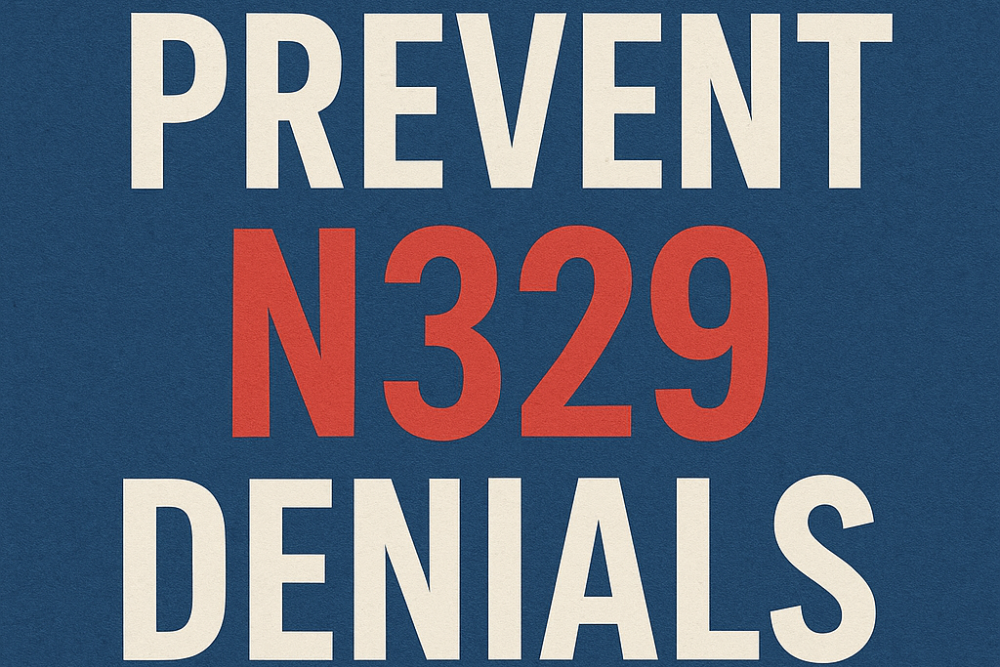Claim denials are more than just a paperwork issue—they directly hit your bottom line. One of the most overlooked yet impactful denial codes is N329, which is triggered by missing, incomplete, or invalid patient birth date information.
For healthcare providers and practice managers, this seemingly minor error can result in delayed reimbursements, lost revenue, and increased administrative stress. You need to know here to prevent N329 denials and protect your revenue.
Why Accurate Birth Dates Matter in Healthcare Claims
Ensuring the accuracy of patient birth date data isn’t just a formality—it’s a critical step in successful revenue cycle management. Here’s why:
- Eligibility Verification: Insurers use birth dates to confirm patient identity and insurance eligibility.
- Claim Adjudication: Reimbursement rates for certain services depend on patient age.
- Medical Coding: Accurate birth dates support correct diagnostic and procedural coding.
- Risk Adjustment: Insurers calculate risk scores based on age, which directly affects reimbursements.
What Causes N329 Denials?
Understanding the common triggers behind N329 denials can help you take proactive steps:
1. Missing or Incomplete Information
- Birth date fields left blank on intake or EHR forms
- Typos during manual entry
- Incomplete insurance documents or ID records
2. Invalid or Unrealistic Birth Dates
- Typographical mistakes (e.g., wrong year or day)
- Inconsistent data across systems (EHR vs. payer records)
- Implausible dates that don’t align with age or medical profile
3. Mismatch with Insurance Records
- Discrepancies between the birth date in your records and the insurer’s database
- Patient-provided info doesn’t match official documents
How to Prevent N329 Denials
Avoiding N329 denials starts with intentional, systematic process improvements:
✅ Robust Patient Intake Workflow
- Train front-office staff to verify all patient information at check-in
- Use smart EHR systems that prompt birth date entry and validation
- Incorporate double-checks for demographic data, especially for new patients
✅ Ensure Data Quality & Consistency
- Perform regular audits of patient records for errors or gaps
- Run routine data cleanups to eliminate inconsistencies
- Use automated validation tools to catch formatting issues and mismatches
✅ Educate and Engage Patients
- Explain the importance of accurate personal and insurance information
- Encourage patients to verify and update their details regularly
- Review and confirm patient data during every visit
✅ Build a Fast-Track Denial Appeal Process
- Implement a streamlined workflow for appealing N329 denials
- Collect all required documentation, including corrected DOBs
- Follow up with payers to confirm claim adjustments and payments
Don’t Let Small Errors Cost You Big
By taking action on these simple, effective strategies, your practice can reduce the risk of claim denials, improve cash flow, and decrease administrative burden.
Partner With Claims Med for Denial-Free Billing
Still battling preventable denials like N329? Let Claims Med help. Our revenue cycle experts are here to optimize your claims process, reduce denials, and increase revenue, so you can focus on patient care.
Get in touch today and take control of your revenue cycle.

